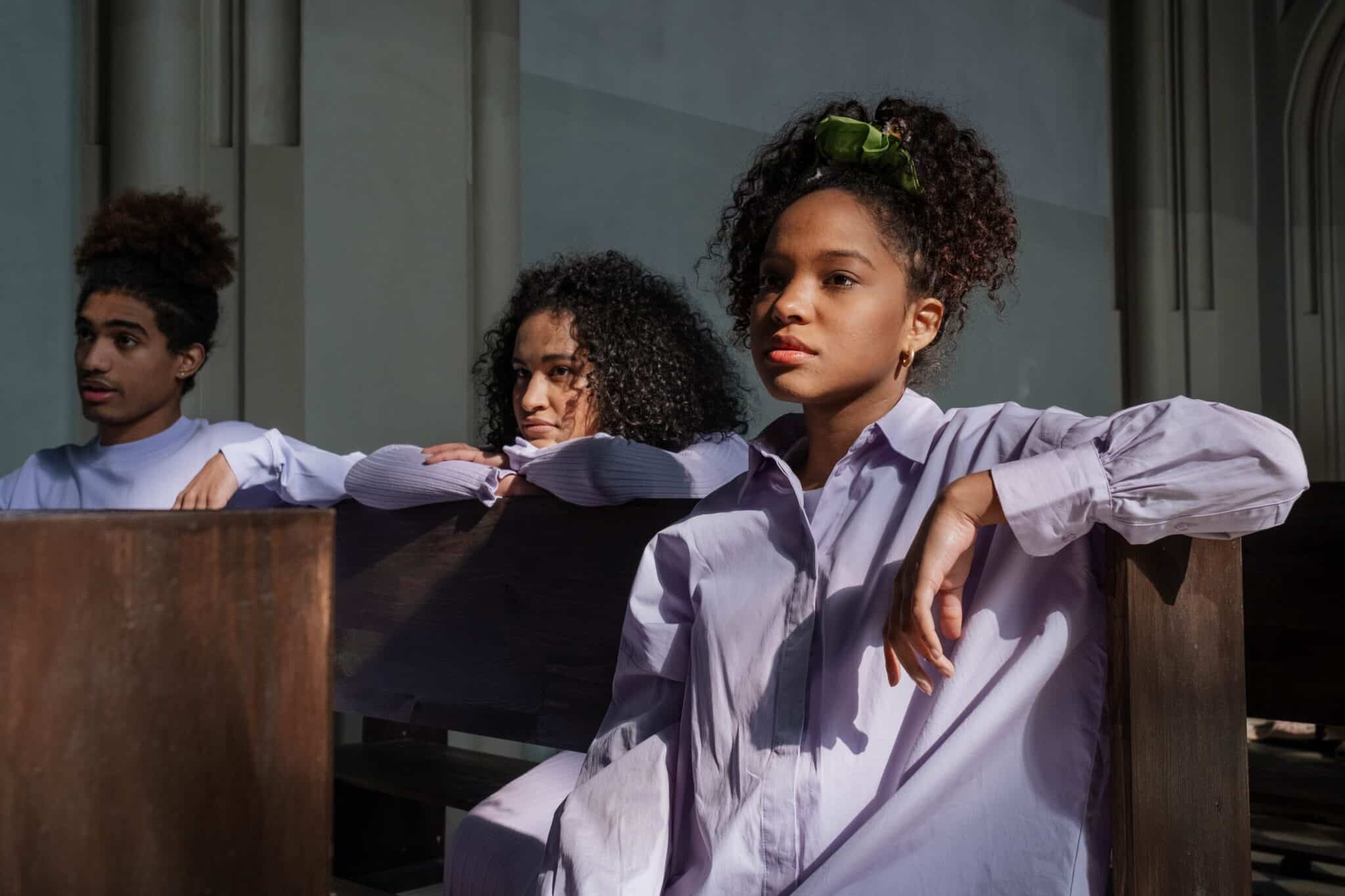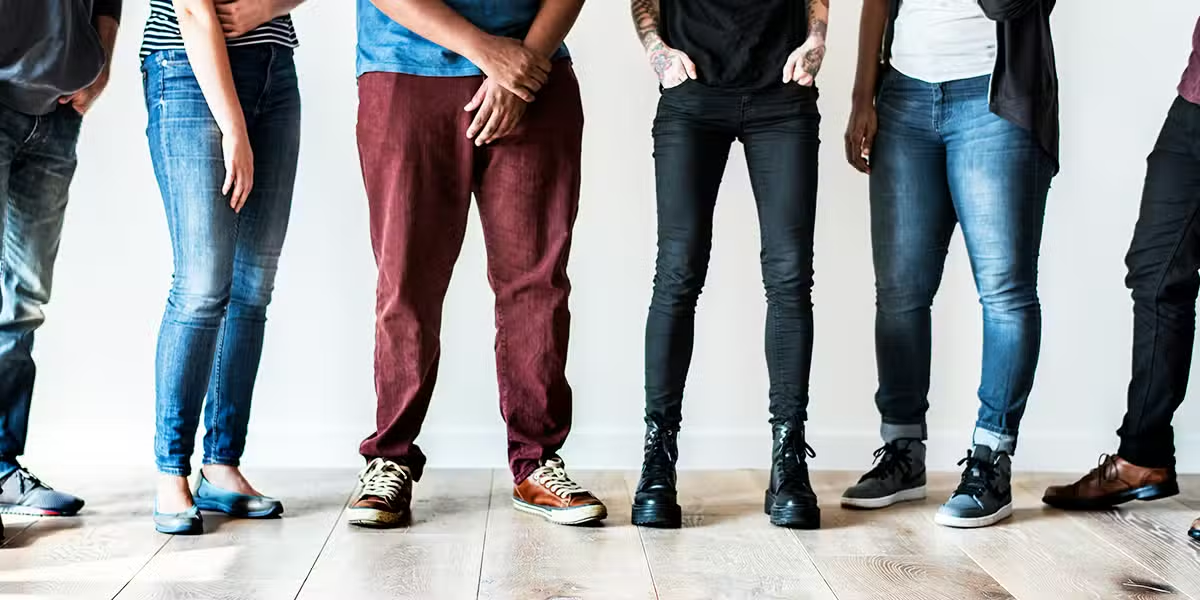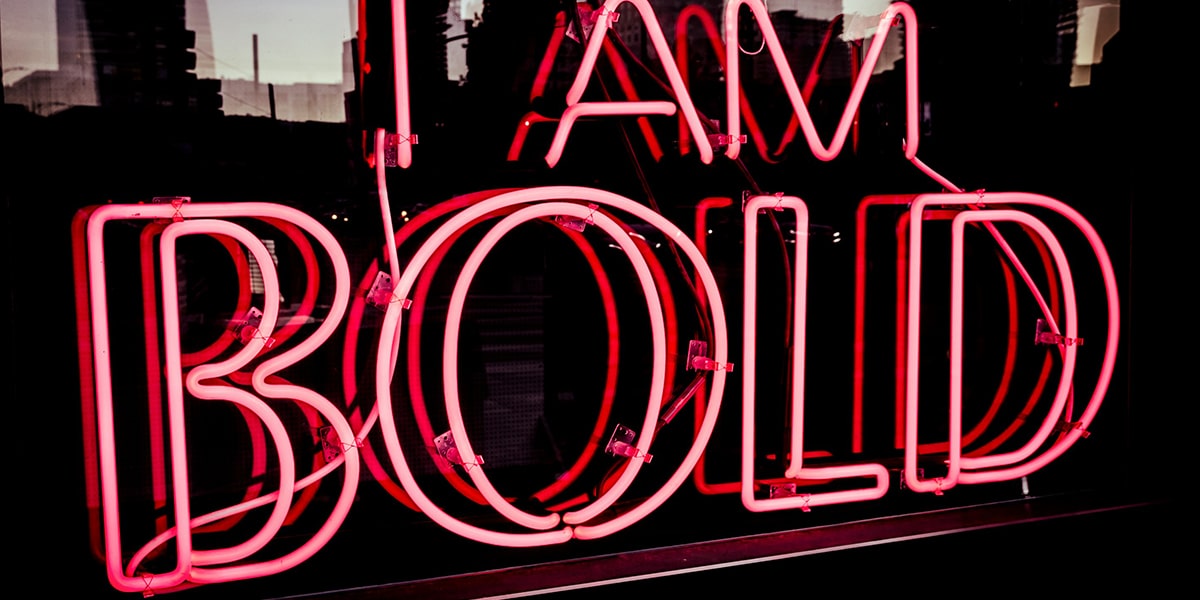“I know I’m somebody because God doesn’t make junk!”
When our children were younger and my husband, Mark, and I used to teach religious education classes, we would always seem to come across this phrase in the resources at our disposal. Often we would find it on coloring pages that were used to occupy the kids when they first came into class. The pictures would change but the message was always the same: No matter what, you are a beloved child of God—because God doesn’t make junk.
As my kids have grown, I’ve returned to this phrase time and time again—in more grown-up wording, of course—as they’ve encountered issues that challenge their self-confidence or make them doubt their own self-worth. We’ve also used it to teach them that everyone, everyone, is created as a child of God and, therefore, perfect.
Hurtful Words of Exclusion
That phrase sprung from the recesses of my mind on the day when I saw my oldest daughter, Maddie, walk away from the Church six years ago. It was an ordinary Sunday with our family gathered together for weekly Mass, as we always did. We were your typical Catholic family—often late for Mass and doing the best we could to raise our children in the faith that Mark and I hold dear. All of our kids have gone to Catholic grade school and high school.
When the priest began to preach the homily, for some reason I started to get a disheartening sense that it was not going to be an uplifting one. There was nothing about that week’s readings. Instead, the topic was plucked straight out of the headlines. That day’s homily was about the Supreme Court’s ruling on same-sex marriage. The tone was not loving. In fact, it was very much the opposite.
As the homily continued, the words began to extend beyond the ruling and, whether intentionally or not, poured over into a commentary on homosexuality in general. I remember turning and seeing the look on Maddie’s face. She has friends who are members of the LGBTQ community, and I knew the words were piercing her heart. I watched her drop her head, and the protective mom in me started to rise to the surface. How dare this priest? I thought. How dare he talk about these amazing, wonderful kids like that? He doesn’t know them.
After we left Mass, Maddie told me she wasn’t going back. As much as it hurt to hear it, I can’t say I didn’t understand. All of the teaching we had done over the years about unconditional love for everyone was undone in the span of five minutes.
Now, you may say that her reaction was hasty and that Mark and I were not proactive enough in stopping her from walking away. You’re entitled to your opinion. I happen to disagree. What she heard that day did not represent the welcoming, all-loving faith that we had raised her in.
Quite honestly, it took me a while to go back myself. What if that was one of my kids he was talking about? I heard similar reactions from some of the other parents in the parish.
A Lasting Pain
Six years later, Maddie still has not returned to the Church. I have told her that it was only one priest who uttered those hurtful and exclusionary words. I pointed out that the things that priest said stood in direct contrast to the Church’s teaching on the treatment of the LGBTQ community. Many in the Church, such as Father James Martin, SJ, and Pope Francis, have advocated for members of the community, I told her.
But she isn’t buying it. She has seen the way in which her friends are still regarded by many in the Church. Those voices are the ones that seem to stick. Why, she asks, would my friends want to be somewhere they are not sure they’re wanted, just because of who they are? Why would I contribute to that hurt, she asks.
And Maddie’s not alone. For too many, the Church is not doing enough to assure our LGBTQ brothers and sisters that they are very much a part of our Catholic community, and that we fully believe they are beautiful and perfectly created children of God.








